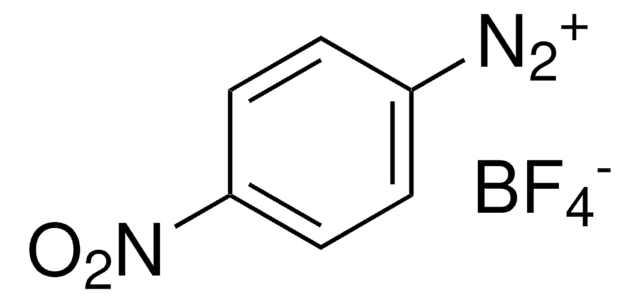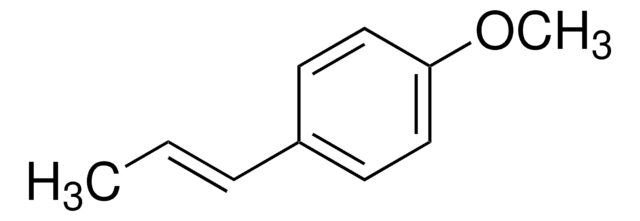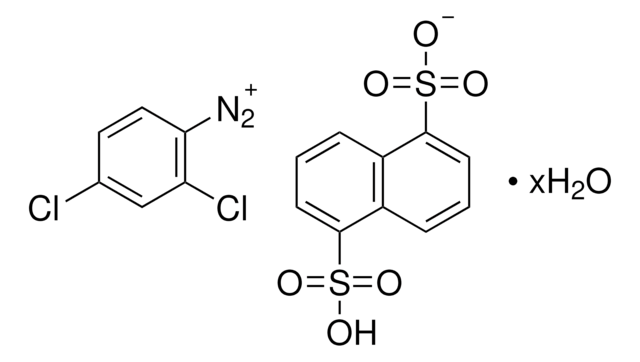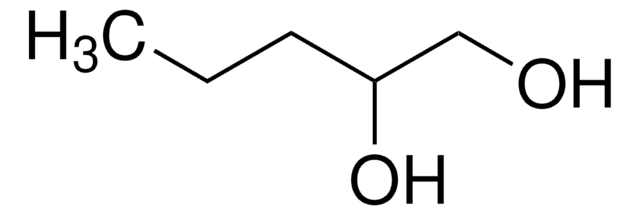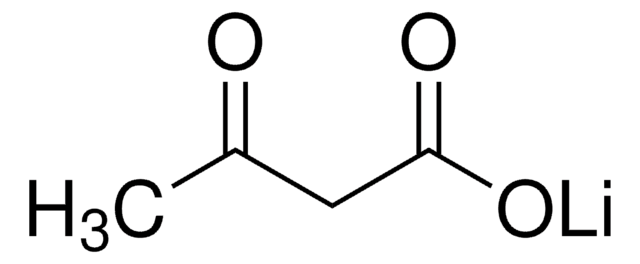D8022
3,5-Dichlorophenyldiazonium tetrafluoroborate
Synonym(s):
3,5-Dichlorobenzenediazonium tetrafluoroborate
Sign Into View Organizational & Contract Pricing
All Photos(1)
About This Item
Empirical Formula (Hill Notation):
C6H3Cl2N2 · BF4
CAS Number:
Molecular Weight:
260.81
MDL number:
UNSPSC Code:
12352100
PubChem Substance ID:
NACRES:
NA.22
form:
powder
Recommended Products
form
powder
Quality Level
storage temp.
−20°C
SMILES string
F[B-](F)(F)F.Clc1cc(Cl)cc(c1)[N+]#N
InChI
1S/C6H3Cl2N2.BF4/c7-4-1-5(8)3-6(2-4)10-9;2-1(3,4)5/h1-3H;/q+1;-1
InChI key
XSVOZXRITFTBIY-UHFFFAOYSA-N
Looking for similar products? Visit Product Comparison Guide
Application
Reactant for:
- Electron transfer chemistry
- Microwave-accelerated cross-coupling reactions
- Sandmeyer bromination for preparation of bromobenzene derivatives
- Catalytic thiocyanation in the presence of copper salts
- Electrochemical reduction
Signal Word
Danger
Hazard Statements
Precautionary Statements
Hazard Classifications
Eye Dam. 1 - Skin Corr. 1B
Storage Class Code
8A - Combustible corrosive hazardous materials
WGK
WGK 3
Flash Point(F)
Not applicable
Flash Point(C)
Not applicable
Personal Protective Equipment
dust mask type N95 (US), Eyeshields, Gloves
Choose from one of the most recent versions:
Already Own This Product?
Find documentation for the products that you have recently purchased in the Document Library.
Customers Also Viewed
Denham, M. and Ingham, R.K.
The Journal of Organic Chemistry, 23, 1298-1298 (1958)
Felix J Berger et al.
ACS nano, 13(8), 9259-9269 (2019-08-06)
The functionalization of semiconducting single-walled carbon nanotubes (SWNTs) with sp3 defects that act as luminescent exciton traps is a powerful means to enhance their photoluminescence quantum yield (PLQY) and to add optical properties. However, the synthetic methods employed to introduce
Our team of scientists has experience in all areas of research including Life Science, Material Science, Chemical Synthesis, Chromatography, Analytical and many others.
Contact Technical Service
